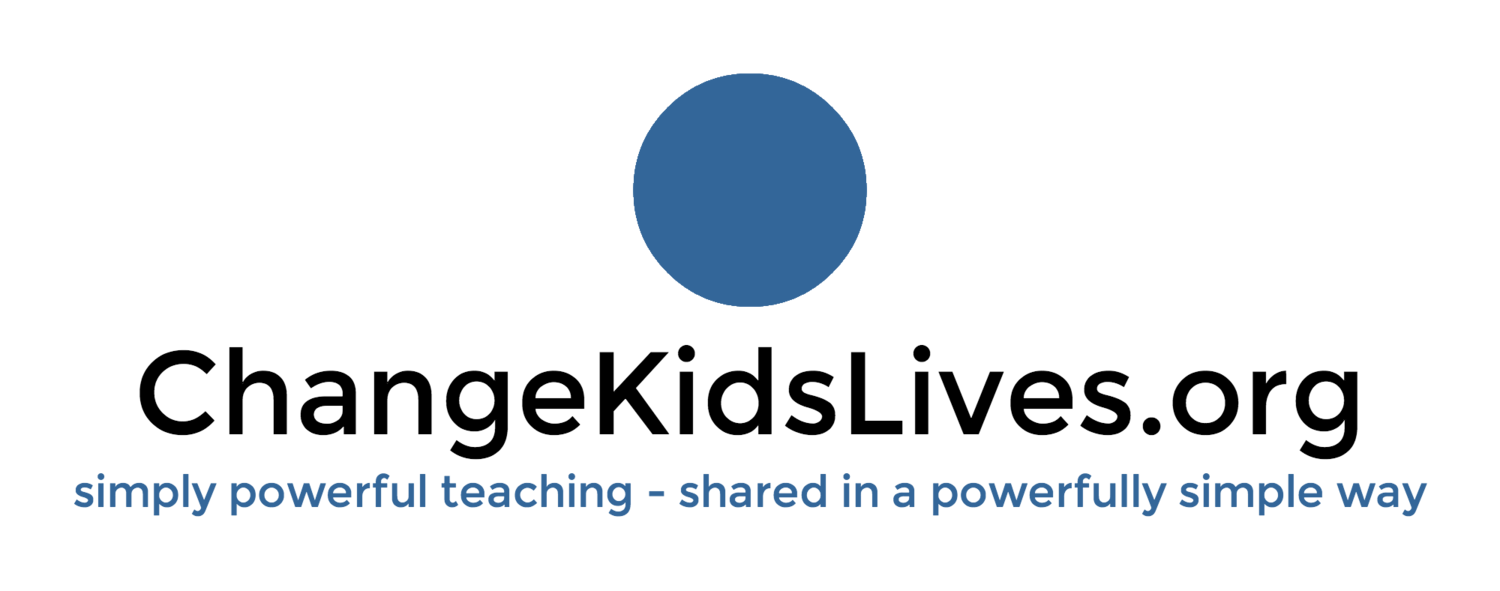5 Teacher Comments We Need To Stop Saying To Students
simple truth:
Deliberate, meaningful words can lead to deliberate, meaningful actions.
Over the years, I've had the opportunity to observe thousands of K-12 classroom lessons. I consider these visits a great privilege to see the dedicated work that we as teachers do in schools every day. From public, private, and charter schools serving rural, suburban, and urban youth, I've been able to witness many of our nation's talented educators strive to change the lives of their students through powerful, relevant teaching.
research tells us:
During these observations and in my own teaching, I try to pay close attention to teacher communication and how it's used to set and reinforce student expectations. Dr. Linda Nilson, an accomplished author and educational scholar, notes research suggesting that meaningful personal communication can motivate students to learn. In addition, Andrea Guillaume, esteemed pedagogy author, shares research indicating that "when teachers emphasize proactive, preventive discipline, students' engagement rates are higher and teacher stress levels are lower."
We all want our language to be meaningful, motivating, and pro-active. Though as educators, we must assess our words by asking ourselves some difficult questions. Do we have a handful of go-to phrases that we use in class? How effective are they? Do students simply react to our words or do our words cause them to truly pause, think through, and adjust their future behaviors? If we often use the same phrases to correct the same students' behavior each day, then this would indicate that these words are ineffective.
Let's take a look at some commonly overused teacher language:
"Is that respectful? Or "Is that appropriate in school?" Students, usually the same ones, have heard these same questions countless times each and every school year. During my observations, when a student hears these common teacher comments, they rarely "hear" the teacher's actual words. Instead, the only message they hear is "stop." Usually their behavior shortly thereafter would indicate that little learning has occurred, as these same students often continue with their original behavior later in class.
"Shhh." When was the last time that we've been "shhh'ed" and have appreciated it? And when's the last time that we've been "shhh'ed" and it's led to long-term behavior change? These questions may almost seem rhetorical in nature, as most of us would never "shhh" an adult. Yet why do many teachers do this to students each day? As mentioned above, be sure to monitor how effective "shhh'ing" is, as it's been my common observation that students merely stop momentarily, often returning to the same behaviors.
"You just need to learn to work together." I agree, we do need students to learn to work collaboratively. Though are we subconsciously hoping that if we continue to group students together, they will magically figure out how to be a helpful team member, respectfully voice their opinion, and complete their equitable amount of the group work? We know from personal experience that often those with the strongest personalities control the direction of the group and a member or two does the majority of the work. Yet, when's the last time we've taken serious time in class to proactively teach, model, and role play effective teamwork strategies?
"You'll need to know this when you get older." When students ask why they need to learn certain material and we give this response, we're basically telling them to just memorize the content even though it's not relevant to their current lives. Research tells us that "many students will still fail to engage with the content for a very simple reason: they don't care," (Allen, 2010). Some educators share that students just need to realize that some information will not be relevant to their lives, they just need to learn it. However, effective teachers often look past the rhetoric and strive to make student connections, however creative, to all of their lessons.
try this:
Strive to include more affirmative language, reinforcing what our students can do rather than what they can't do.
Be intentional with expectations by including more concrete wording rather than abstract terms. "Show me eye contact" is much more concrete and meaningful than "show me respect."
Always try to include transparency in our language, by sharing with students the reason "why." I'm asking you to do this because...; I appreciate your hard work because...; We need to work together because...
Refrain from "shhh'ing" our students; our words are always more meaningful and lead to longer gains than simply making noises at students.
Try to make all lessons relevant to students by either making it applicable to students' current lives or by putting them in a professional role (writer, scientist, book editor, producer, business owner, etc.) during lessons.
Take the time to deliberately teach students strategies on how to work together. For resources, check out Classroom Instruction That Works and tips at TeacherVision.com.
review & share this:
For additional reading and referenced research, click here.

